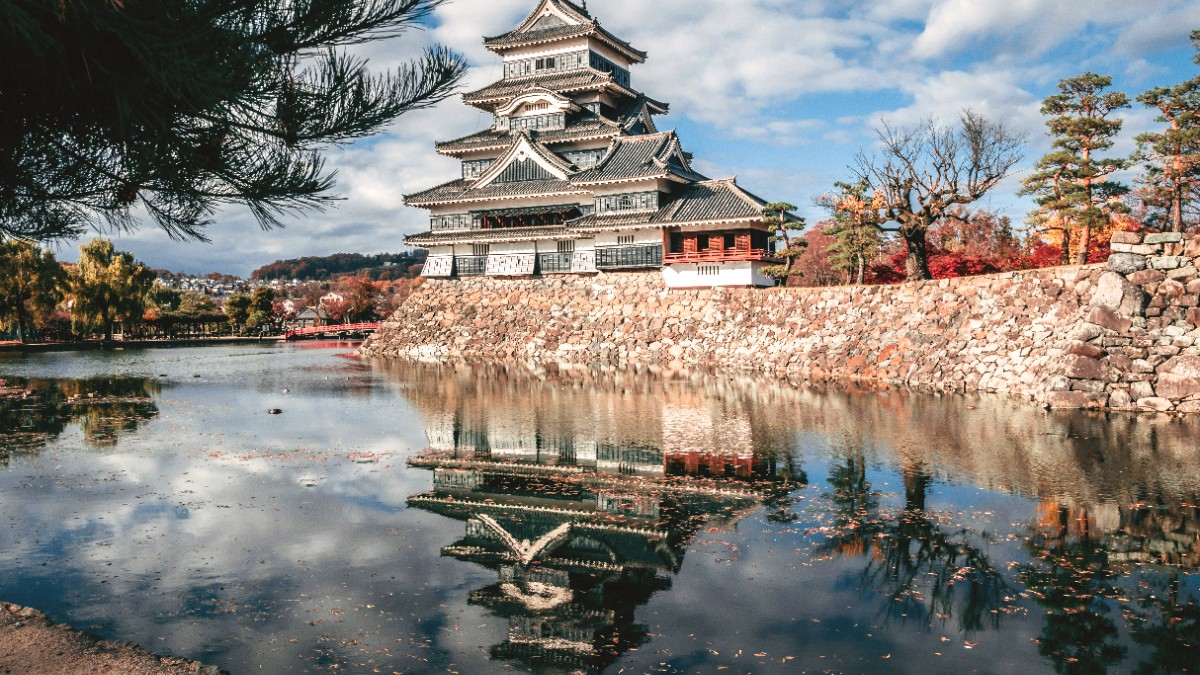
West Of Tokyo, Japan
This destination captivates travelers with its blend of natural splendor, artistic expression, and deep-rooted traditions. Hakone provides a refreshing contrast to Tokyo's bustling energy, inviting a slower pace and a connection with Japan's natural and cultural heritage.
Hakone’s history dates back centuries, gaining prominence during the Edo Period (1603-1868) as an important checkpoint (sekisho) on the Tokaido Road, the main highway connecting Edo (modern-day Tokyo) with Kyoto.
This strategic location made Hakone a significant gateway for travelers and goods. Sections of the original cobbled Tokaido Road and the reconstructed Hakone Checkpoint remain, a tangible link to this bygone era.
Hakone is in the western part of Kanagawa Prefecture, approximately 90 kilometers southwest of central Tokyo. It forms a central part of the Fuji-Hakone-Izu National Park, displaying a dramatic landscape born from volcanic activity. The region’s topography is defined by the remnants of a large caldera, with Mount Hakone at its core.
Lake Ashi, a sparkling caldera lake, is a prominent feature, lying at the heart of the Hakone loop. Surrounding the lake are dense forests, rolling hills, and several smaller towns, each with its own character. Elevation variations across Hakone contribute to diverse microclimates.
A serene caldera lake, central to Hakone's scenic loop.
On clear days, Mount Fuji provides a magnificent backdrop.
The "Great Boiling Valley" with active steam vents and sulfurous fumes.
Volcanic origins mean plentiful hot springs throughout the region.
Lush greenery covers rolling hills, contributing to scenic drives and hikes.
The varied geography creates a dynamic backdrop for sightseeing, with interconnected transportation methods highlighting the region's diverse features. Its proximity to Mount Fuji means that, on clear days, the mountain a magnificent backdrop to Lake Ashi and other viewpoints.
Hakone boasts world-class museums like the Hakone Open-Air Museum, blending outdoor sculpture with mountain backdrops, and the Pola Museum of Art, home to impressive collections of Impressionist works.
Traditional crafts, such as Yosegi zaiku (intricate wooden marquetry), showcase the area’s artisanal heritage, offering unique souvenirs and cultural insights.
Its compact size and efficient transport loop make it possible to experience many of these elements in a single visit.
Hakone a destination that a condensed experience of Japan’s natural wonders and cultural richness. It is most famous for its abundant hot springs, or Onsen, and stunning natural scenery.
Volcanic activity is a visible part of the landscape at Owakudani, the "Great Boiling Valley," where steam vents remind visitors of the earth’s raw power. Hakone is also a hub for art and culture.
A captivating shrine with its iconic 'Peace Gate' standing in Lake Ashi.
An unique outdoor sculpture park set against the backdrop of Hakone's mountains.
Experience a volcanic landscape with sulfurous fumes and hot springs.
Explore Hakone's rich past, from its strategic role on the ancient Tokaido Road to its development as a premier hot spring resort.
Explore volcanic landscapes, serene lakes, and mountain vistas.
Discover world-class museums and traditional crafts.
Unwind in soothing hot springs, a signature Japanese experience.
A tranquil escape from urban bustle.
Captivating natural landscapes and breathtaking views.
Deep-rooted traditions and world-class art collections.